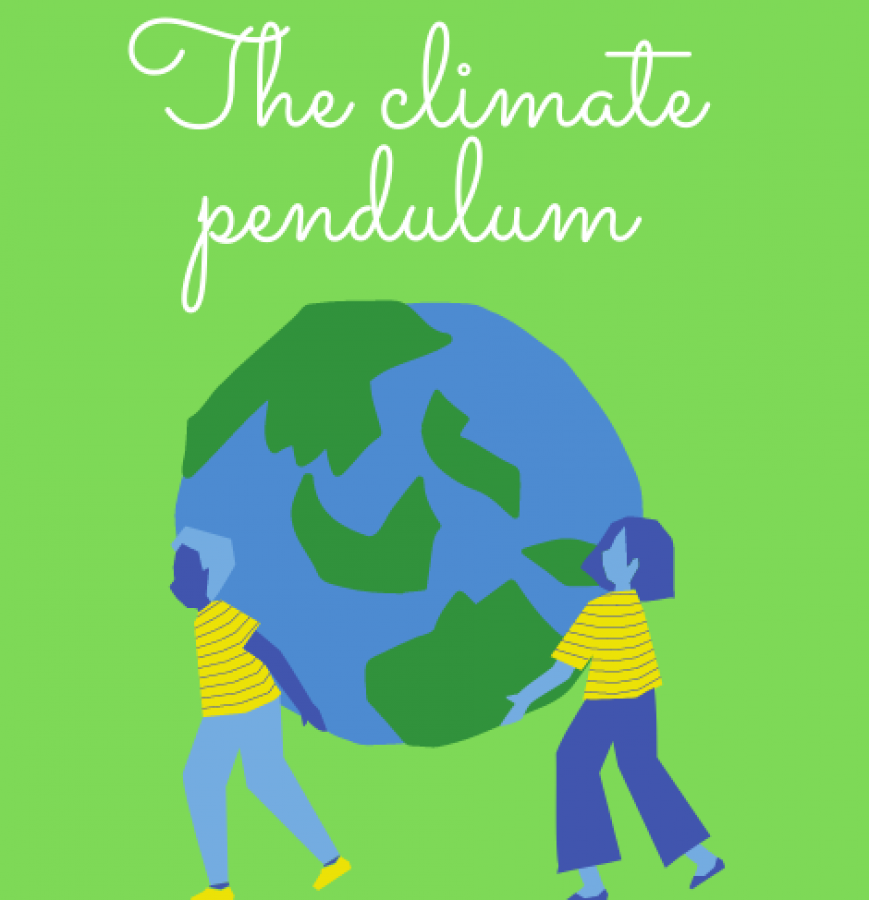
Uri, the Texas snowstorm in February, launched a discussion about whether the earth is undergoing climate change.
Texans experienced a climate pattern they were not used to seeing. Snow covering palm trees and no running water or electricity left many in Texas unable to continue their day-to-day activities. While many people believe that the snowstorm proves there is no such thing as climate change, it in fact does show that there is something abnormal with the earth.
Climate change occurs because of human activity. While burning fossil fuels, fracking for oil and deforestation contribute a significant amount to climate change, everyday actions — such as eating chips or using a certain brand of toothpaste — also affect it.
Palm oil — which is used in both chips and toothpaste — is derived from palm trees in Indonesia. In order to make room for palm oil plantations, the diverse forests of Indonesia are cut down. When trees are cut down in the forests, the habitat of thousands of orangutans are taken away, hence the depopulation of orangutans. Additionally, as the trees are cut down, carbon dioxide is released, polluting the air humans breathe.
Senior Allison Suen is the head of the PV Environmental Club and consciously works toward lowering her carbon footprint. “I believe that many people do not realize the impact on our health that it will have. Climate change has impacted our access to clean air, clean water, and safe food, and without those resources, many people will be in danger,” she said.
While palm oil deforestation is only one example of how humans are hurting the environment, it shows how the actions that people take normally in fact do affect the environment and contribute to climate change.
Senior Amber Matthews recognizes the issue of climate change and believes it begins with each individual. “Educating yourself on factors that impact the climate is a great way to begin making an impact, so that you know what to do to help the environment,” she said. “You are more likely to change your ways and things you do if you know about them.”
Climate change is seen in many different forms: the melting ice caps, snowstorm in Texas, uncontrolled wildfires and many other abnormal weather events.
The earth has a climate pendulum. Normally, there are four seasons and, in some places, seasons are more mild than others. As humans contribute to climate change, this pendulum swings more wildly. Each end of the pendulum becomes more extreme: summers become hotter and winters become colder.
While it is commonly presumed that climate change increases the earth’s temperature, it actually causes it to be more extreme on both sides. Texas experienced a snowstorm because the pendulum has been thrown off.
In more depth, the two polar vortices in the poles are heating up. The vortices are thrown off when they are heated up, causing them to move to different places. As the vortices move, the cold air follows and creates snowstorms in places like Texas.
Other common events like wildfires and melting of the ice caps occur because of the increase in the earth’s temperature. The melting of the ice caps increases sea levels and could cause further repercussions in the future. The wildfires that occur in California happen because the environment is more dry due to the increase in heat. With the warmer temperatures, it is much more likely for fires to start.
Climate change is seen in many forms but not always recognized. The PV Environmental Club meets to discuss these underlying forms and to learn how they can make an impact on the earth. “Everyone should educate themselves as much as possible on the issue of climate change because it affects everyone. Even just looking up daily climate news can help keep everyone informed,” Suen commented.
If humans do not take action on climate change, the world will continue to see events like the Texas snowstorm. It starts with the individual and continues up to businesses. Everyone has to take an active role in ending climate change.
Matthews knows that there is a long journey ahead to prevent further damage of the earth, but she hopes people will recognize the urgency of the issue and work towards ending climate change.
“Saving the earth will be expensive. Humans will have to give up commodities that they are used to, but in the long run, the cost of damaging the earth is much larger than that.”








